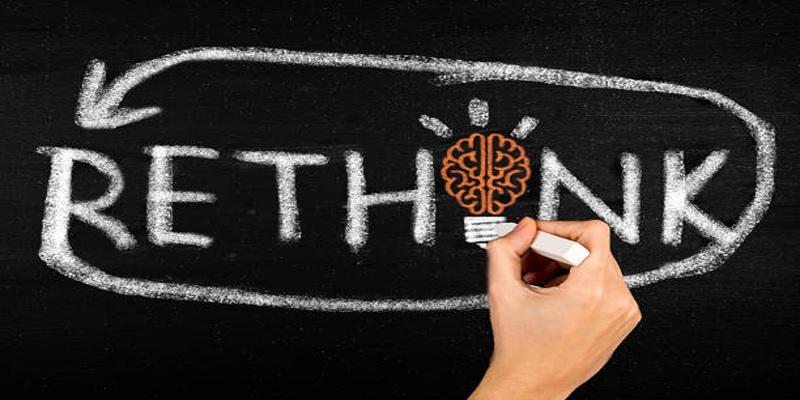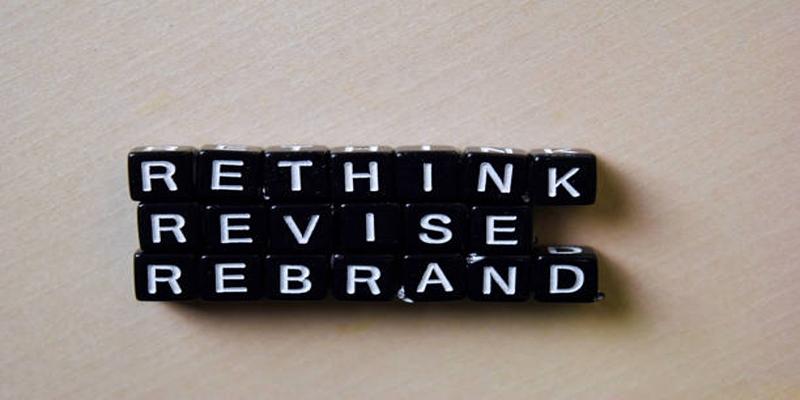Stop Waiting for Motivation: Rethink Your Approach
Advertisement
Motivation is often seen as the driving force behind action, but waiting for it can leave you stuck in a cycle of procrastination and unfulfilled goals. The truth is that motivation doesn’t always strike when you need it most. Instead of waiting for fleeting inspiration, adopting a proactive approach can help you achieve your aspirations. By building habits, maintaining discipline, and prioritizing consistency over mood, you can create momentum that leads to lasting progress. This shift in mindset can transform how you approach challenges and accomplish what truly matters.
The Problem With Waiting for Motivation
It is usually not easy to predict motivation of an individual. Even though motivation can be aroused instantly to start a new venture or make a change, this kind of motivation decreases after a while. Though relying solely to motivation is not ideal, it can leave people chasing after motivation which may never come when needed most. Such inconsistency causes procrastination as people are waiting to get ready instead of doing something.
In fact, motivation cannot be used to support long-term work since motivation is based on emotions while work demands the use of well-constructed systems. You invest more time in a connection with the people close to you and make an effort to listen and show them you value them.
Building Discipline Over Motivation

Discipline, unlike motivation, is a dependable force. It is cultivated through habits, routines, and deliberate choices, irrespective of mood or external encouragement. When discipline becomes the foundation of your efforts, success is no longer dependent on temporary emotional states.
Habits play a critical role in building discipline. By creating consistent, repeatable actions like starting your day with exercise or dedicating time to practice a skill—you reduce reliance on willpower or inspiration. Instead, you create a system that drives effort automatically.
Strategies for building discipline include planning ahead, tracking progress, and celebrating small milestones. Establishing structured routines, such as following a morning ritual or setting aside specific times for productive work, helps to eliminate decision fatigue and maintain momentum.
Actionable Steps to Get Started
Discipline is a skill that can be developed with deliberate practice and consistency. Below are some key areas to focus on as you build your discipline:
Set Clear Goals
Start by defining specific, measurable, and realistic goals. Knowing exactly what you are working toward gives you direction and purpose, making it easier to stay disciplined. Break larger goals into smaller, manageable tasks to avoid feeling overwhelmed and to maintain steady progress.
Create a Routine
A structured routine establishes habits that reduce the need for constant decision-making. By allocating fixed times for key tasks like exercising, working, or relaxing, you embed discipline into daily life. Over time, routines become automatic, minimizing distractions and fostering productivity.
Remove Distractions
Identify and eliminate the factors that divert your attention. This may involve turning off unnecessary notifications, setting proper boundaries with others, or creating a workspace that supports focus. A distraction-free environment ensures that your energy is channeled toward meaningful tasks.
Practice Self-Reflection
Regularly assess your progress and behavior. Self-reflection helps you recognize patterns, both good and bad, and adjust accordingly. Whether through journaling, meditation, or weekly reviews, reflecting on your efforts promotes self-awareness and strengthens your commitment to discipline.
Stay Consistent but Flexible
While consistency is key, allow room for flexibility when needed. Life often presents unexpected challenges, and adaptability ensures you stay on track without feeling defeated. Revisit and revise your plans periodically to align with your current circumstances while maintaining discipline at its core.
The Role of Environment and Accountability

Your environment greatly impacts your ability to stay disciplined. Surroundings that promote focus and minimize distractions can significantly enhance productivity. For example, creating a dedicated workspace free of clutter helps signal to your brain that it is time to concentrate. Similarly, reducing access to disruptive elements, like social media during work hours, sustains momentum.
Accountability is another powerful tool for fostering discipline. Sharing your goals with a trusted friend, mentor, or group creates a sense of responsibility and encouragement. When others are aware of your objectives, you are more likely to stay committed because of external reinforcement. Additionally, participating in a support system such as a study group or fitness challenge—offers both motivation and opportunities for collaboration.
The Long-Term Benefits of a Discipline-Based Mindset
Adopting a discipline-based mindset leads to profound long-term benefits that extend across various aspects of life. Here are some key areas where discipline makes a lasting impact:
Personal Growth and Self-Confidence
Discipline plays a crucial role in personal development. When you consistently commit to goals and follow through with your actions, you build trust in yourself and develop greater self-confidence. This process reinforces the belief that you are capable of overcoming challenges and achieving success. Furthermore, discipline encourages resilience, helping you face difficulties with composure and adapt to changing circumstances, which is vital for continuous growth.
Professional Success
A disciplined approach to work fosters consistency, reliability, and efficiency attributes that are highly valued in any professional setting. By managing your time effectively and prioritizing meaningful tasks, you can meet deadlines, enhance the quality of your work, and stand out as a dependable team member. Over time, this dedication to structure can translate into improved performance, career advancement, and the accomplishment of larger professional goals.
Improved Health and Well-Being
Discipline is an essential factor in maintaining a healthy lifestyle. Whether it’s committing to regular exercise, balanced nutrition, or adequate rest, a disciplined routine contributes to physical vitality and mental clarity. These habits help prevent illness and provide the energy needed to thrive in daily life. Discipline in managing stress through mindfulness or other techniques supports emotional well-being, creating a strong foundation for overall health.
Strengthened Relationships
Discipline encourages intentionality in how you nurture and maintain relationships. You build stronger emotional bonds by setting aside time to connect with loved ones, listening actively, and expressing appreciation. Additionally, being dependable and consistent in your interactions fosters trust and mutual respect, essential elements of any healthy relationship. These efforts ultimately lead to deeper and more fulfilling connections with others.
Conclusion
Discipline is a powerful tool that extends its influence beyond personal well-being and relationships to achieving broader life goals. By staying focused, setting clear objectives, and remaining consistent in your efforts, you can overcome challenges and make meaningful progress toward your aspirations. Discipline helps to break large tasks into manageable steps, ensuring steady progress over time. It also enables you to resist distractions and maintain a clear sense of purpose. Whether applied to academics, career ambitions, or personal development, discipline serves as the backbone of success.
On this page
The Problem With Waiting for Motivation Building Discipline Over Motivation Actionable Steps to Get Started Set Clear Goals Create a Routine Remove Distractions Practice Self-Reflection Stay Consistent but Flexible The Role of Environment and Accountability The Long-Term Benefits of a Discipline-Based Mindset Personal Growth and Self-Confidence Professional Success Improved Health and Well-Being Strengthened Relationships ConclusionAdvertisement












